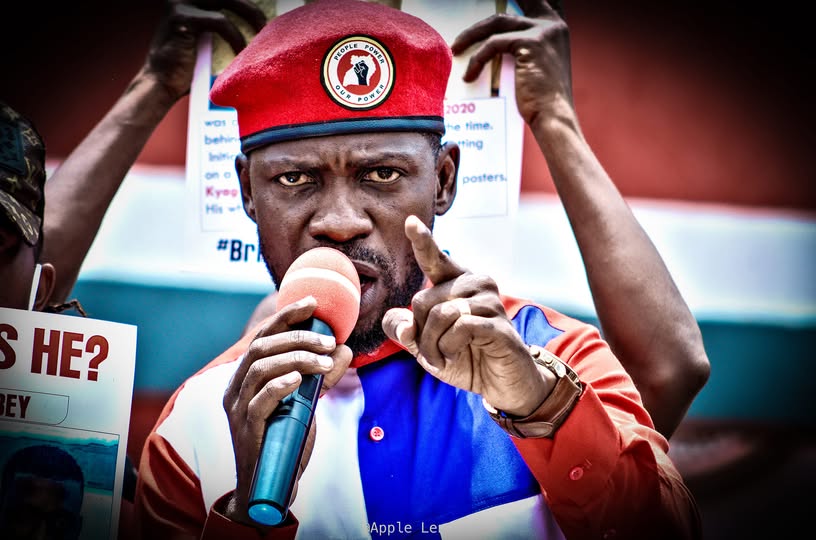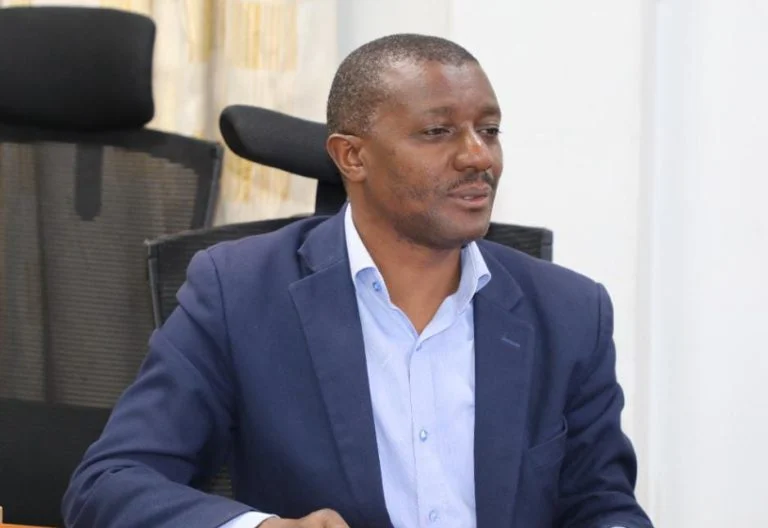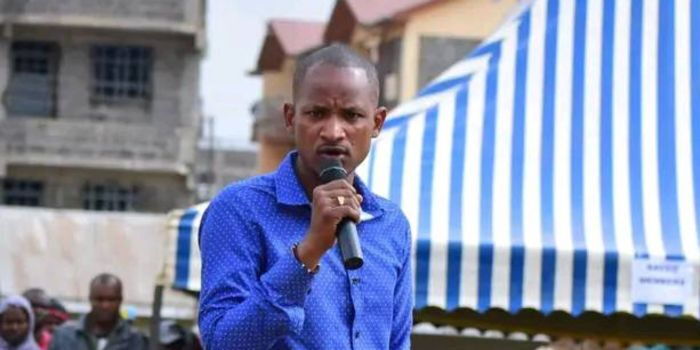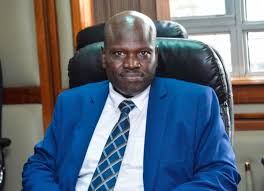Lawyer and Safina Party deputy leader Willis Otieno has launched a damning assault on Kenya’s borrowing practices, declaring that citizens are being forced to pay for corruption camouflaged as legitimate loans. His remarks have reignited concerns over Kenya’s spiraling public debt and shaken government credibility at a moment when economic anxiety is reaching boiling point.
Debt Defined as Modern Corruption
Otieno attacked the government’s approach in strong terms: he said that many loans contracted by the state are not being used for public good, but instead line the pockets of private interests and feed wasteful spending. “We are borrowing to survive, not to grow,” he said, arguing this is a betrayal of public trust and amounts to economic slavery.
He warned that unless urgent corrective measures are taken, the country risks being shackled by obligations that yield no benefit to ordinary Kenyans. According to him, these questionable financial deals amount to corruption masked by the veneer of infrastructure and development projects.
Demand for Accountability and Audit
In response to the debt crisis, Otieno pledged that a Safina-led administration would initiate a full audit of every loan the government has taken. He vowed: “If the money never reached the people, the people will not pay for it.”
One of his key demands is that all new government loans be subjected to parliamentary approval and rigorous transparency standards so that every shilling is accounted for. He insists that only debt which truly contributes to national growth and is deployed efficiently should be honoured.
Debt Burden Rising, Development Suffering
Otieno’s critique comes against a backdrop of alarming statistics:
- A large share of Kenya’s national budget is going toward paying interest on debt rather than funding public services like education and healthcare.
- The debt servicing burden is outstripping allocations for vital sectors, according to budget projections.
- Many Kenyans fear that future generations will inherit a crippling legacy unless policies change immediately.
Political Fallout Looms
The implications of Otieno’s remarks could be profound:
- He has thrown the government on the defensive, forcing it to justify dozens of large loans taken without clearly demonstrable returns.
- Opposition parties have seized on his declaration, framing the debt issue as the most urgent corruption scandal of the moment.
- Public sentiment appears to be aligning with Otieno’s view: the idea that loans should not be convertible into corruption has struck a nerve among ordinary citizens caught in rising cost pressures.
The Road Ahead: For Whom the Debt Bells Toll
Otieno has set out a roadmap for reform:
- Enact laws ensuring parliamentary approval and public disclosure of all significant loans
- Establish independent audits of existing debts, especially those whose benefits are disputed or unclear
- Suspend repayment on portions of debt determined to be odious, illegal, or unjustifiable
He argues these steps are not just political points—they could determine whether Kenya emerges with its economy intact or collapses under the weight of unaccountable borrowing.














Leave a Reply